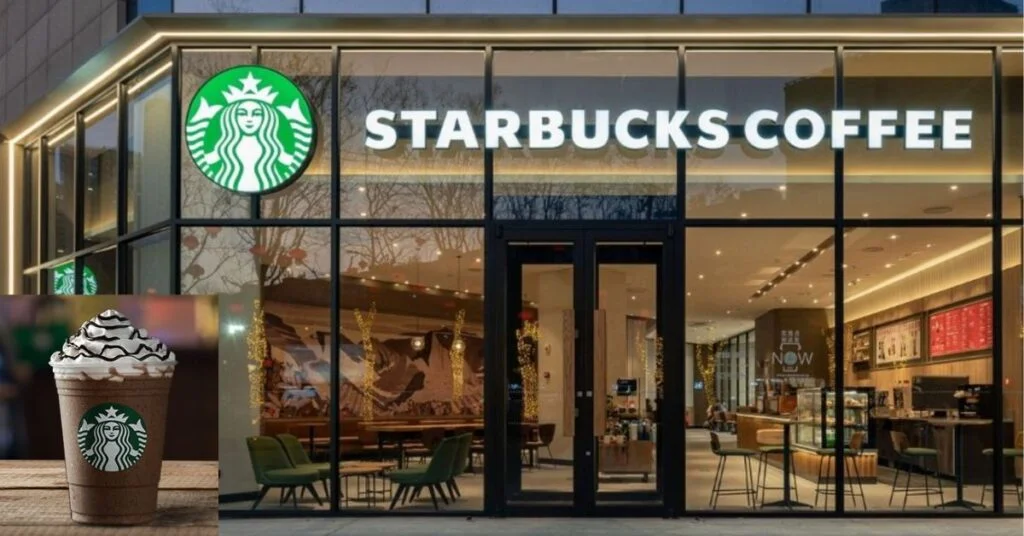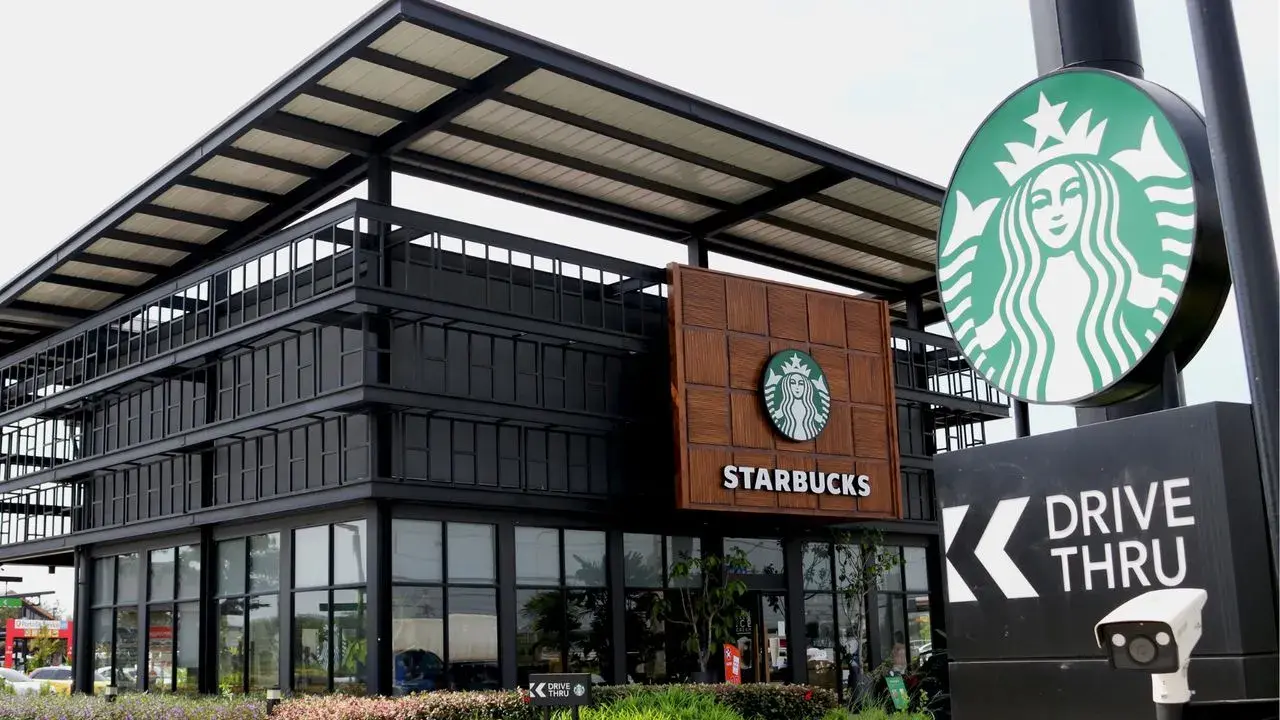Introduction Starbucks Franchise
Starbucks Franchise, a global leader in the coffeehouse industry, has become synonymous with high-quality coffee, innovation, and customer-centric experiences. Founded in 1971 in Seattle, Washington, the company has grown to become a household name, with over 30,000 stores worldwide. While Starbucks primarily operates through company-owned outlets, the idea of franchising the brand has been a subject of discussion and curiosity for many entrepreneurs and investors. In this article, we will explore the intricacies of the Starbucks franchise model, its advantages, and the potential challenges for those looking to own and operate a Starbucks store.
The Starbucks Business Model
Starbucks Franchise operates under a business model that emphasizes high-quality products, exceptional customer service, and a premium experience. The brand is known for offering a wide range of coffee beverages, teas, pastries, and snacks, all crafted from high-quality ingredients. Starbucks has built a unique culture around its stores, known for their inviting ambiance, free Wi-Fi, and a sense of community. The company’s commitment to ethical sourcing of coffee beans and sustainability practices has also contributed to its global appeal.
Unlike traditional franchises, Starbucks does not widely offer franchise opportunities. Instead, it primarily uses a licensing model. In this model, Starbucks allows a third-party company or individual to operate a store under its brand, but with certain conditions and requirements that are more stringent than typical franchise models.
Licensing vs. Franchising
The difference between licensing and franchising is essential to understand when considering Starbucks Franchise. While both models allow external operators to run a business under an established brand, they differ in their degree of control and the relationship between the brand and the operator.
In a traditional franchise model, the franchisor provides a comprehensive system for the franchisee, including operations manuals, training, marketing strategies, and ongoing support. The franchisee, in return, pays franchise fees and a percentage of revenue. In contrast, licensing involves an agreement that allows the licensee to use the brand’s trademarks, products, and services but with less involvement from the company in day-to-day operations. For Starbucks, this means that while the licensee operates the store under the Starbucks name, the company maintains a significant level of control over the quality, products, and overall brand experience.
Starbucks Licensing Process
 For entrepreneurs interested in opening a Starbucks Franchise store, the licensing process can be a great option. However, it’s important to note that obtaining a Starbucks license is not an easy process and is not widely available. Starbucks is selective in choosing licensees, usually working with established and experienced operators who have a strong understanding of the local market and the resources to maintain the high standards that Starbucks is known for.
For entrepreneurs interested in opening a Starbucks Franchise store, the licensing process can be a great option. However, it’s important to note that obtaining a Starbucks license is not an easy process and is not widely available. Starbucks is selective in choosing licensees, usually working with established and experienced operators who have a strong understanding of the local market and the resources to maintain the high standards that Starbucks is known for.
Typically, Starbucks Franchise seeks licensees who have a background in the food and beverage industry, possess financial stability, and can meet the company’s stringent operational standards. The application process involves submitting a detailed proposal, financial documents, and demonstrating an understanding of the Starbucks brand. If approved, licensees sign a licensing agreement that outlines the terms, responsibilities, and expectations of both parties.
Benefits of Owning a Starbucks License
While the licensing model may not offer the same level of freedom as a traditional franchise, there are several advantages to owning a Starbucks store. First and foremost, the Starbucks brand is globally recognized and has a loyal customer base. By partnering with Starbucks, licensees can tap into this extensive customer network and benefit from the company’s established reputation for quality and service.
Moreover, Starbucks offers comprehensive support to its licensees, including training, marketing materials, and ongoing operational assistance. The company provides detailed guidelines on store design, staffing, product offerings, and customer service, ensuring a consistent experience across all locations. This support significantly reduces the risk of failure and provides a structured framework for success.
Additionally, Starbucks has a proven track record of profitability. The company’s constant innovation, commitment to sustainability, and ability to adapt to changing consumer preferences have contributed to its success. This makes owning a Starbucks store an attractive investment opportunity for those with the right resources and business acumen.
Challenges and Considerations for Starbucks Licensees
While there are many benefits to owning a Starbucks Franchise store, it is important to recognize the potential challenges and considerations. First, the initial investment required to open a Starbucks store can be significant. Depending on the location, store size, and other factors, the costs can range from several hundred thousand dollars to over a million. This investment includes expenses for store construction or renovation, equipment, initial inventory, and licensing fees. Licensees must also be prepared to pay ongoing royalty fees to Starbucks, typically a percentage of the store’s revenue.
Another consideration is the level of control and autonomy that licensees have over their business. Since Starbucks maintains strict guidelines on store design, product offerings, and customer service, licensees have limited flexibility in making changes to the business. While this ensures consistency across all stores, it can also limit creativity and the ability to tailor the store to local preferences.
Additionally, Starbucks has high operational standards, which means that licensees must be prepared to invest in employee training, customer service, and product quality. Maintaining the brand’s reputation requires a significant commitment to excellence in all aspects of the business.
Market Opportunities for Starbucks Licensees
Despite the challenges, there are numerous market opportunities for Starbucks Franchise licensees, especially in international markets. In many countries outside of the United States, Starbucks has seen significant growth and demand for its products. For example, in regions like Asia, the Middle East, and Latin America, Starbucks has successfully expanded its presence through licensing agreements with local operators.
In these markets, Starbucks Franchise licensees benefit from the brand’s strong global recognition and the increasing popularity of coffee culture. Consumers in these regions are becoming more accustomed to premium coffee experiences, making Starbucks a desirable choice for coffee lovers.
Furthermore, Starbucks Franchise has consistently innovated its product offerings, introducing new beverages, limited-time promotions, and seasonal items to keep customers engaged. These innovations provide opportunities for licensees to create buzz around their stores and attract a steady stream of customers.
Conclusion
Owning a Starbucks Franchise store through a licensing agreement can be a lucrative business opportunity for those who have the necessary resources, industry experience, and a passion for the brand. While Starbucks does not operate on a traditional franchise model, the licensing system provides many of the benefits of being part of an established global brand, including operational support, training, and the ability to tap into an existing customer base.
However, potential licensees must be prepared for the substantial financial investment and the operational challenges involved. With the right approach, a Starbucks store can be a successful and profitable venture, offering an exceptional coffee experience to customers while benefiting from one of the world’s most recognizable brands. As Starbucks continues to expand internationally, the opportunities for entrepreneurs to become part of this iconic brand will likely continue to grow, making it an attractive option for many investors in the years to come.
You Many Also Read: Mean Girls Day


